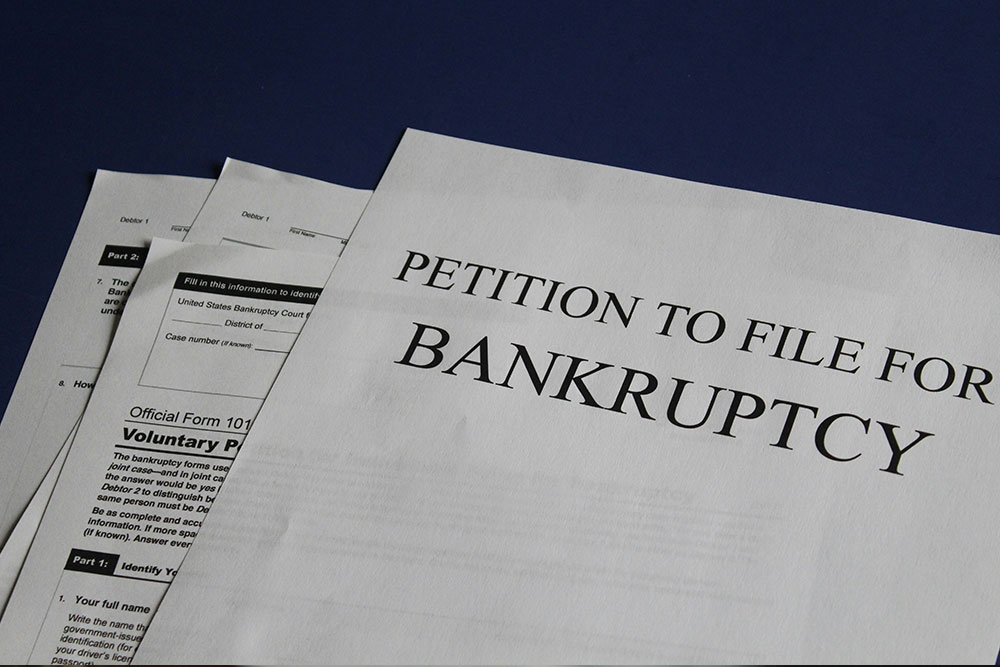In Singapore, once an individual is declared bankrupt, most of their debts are typically discharged through the bankruptcy process. However, there are certain circumstances in which debt collectors may still pursue actions, even after bankruptcy has been declared.

When someone is declared bankrupt in Singapore, most unsecured debts (such as credit card debts, personal loans, etc.) are usually discharged after a certain period, typically after three years, provided they cooperate with the official assignee (OA) overseeing their bankruptcy.
During bankruptcy, the Official Assignee (OA) manages the debtor’s assets and income, using them to repay creditors. If a debtor’s assets or income is significant, creditors may still recover a portion of the debt, but only through the OA’s handling.
However, if there are any assets or income outside of the bankruptcy process (for example, assets acquired after bankruptcy), creditors might be able to pursue these new assets.
Some debts may not be discharged in bankruptcy, such as government fines, maintenance (alimony) payments, or student loans. For these types of debts, debt collectors may still be able to pursue recovery after bankruptcy.
Additionally, if there is evidence of fraud or dishonest behavior during the bankruptcy process, the bankruptcy discharge might be revoked, allowing creditors to pursue claims.
If the debtor has been discharged from bankruptcy, creditors can no longer pursue claims for the discharged debts. However, any new debt incurred after the bankruptcy discharge will be treated separately, and debt collectors can pursue these debts in the usual way.
While debt collectors generally cannot pursue debts that have been discharged through bankruptcy in Singapore, there are exceptions. It’s important to note that certain debts are not dischargeable, and debtors should ensure they understand the full scope of their bankruptcy and post-bankruptcy obligations. If you are going through or have gone through bankruptcy, it’s advisable to consult a legal professional or bankruptcy advisor to fully understand your rights and obligations.
Contact us here to find out more!